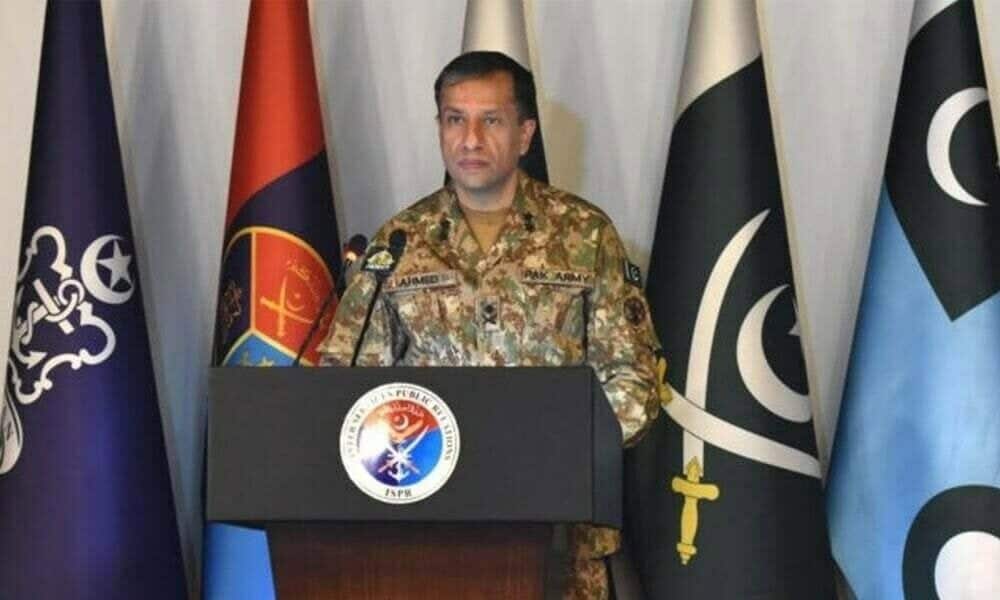Pakistan Army did not confirm or deny involvement in the Afghanistan bombings.
From Peshawar, the capital of Khyber Pakhtunkhwa province in northwest Pakistan, General “Ahmed Sharif” stated in a press conference that we have seen the media reports about the events in Afghanistan and are paying attention to them.
Without confirming or denying the allegations of some Afghan political and media figures that Pakistan was involved in the explosions in Kabul and several other places in Afghanistan, he stated that Afghanistan should not allow terrorists to use its soil against neighboring countries.
Meanwhile, former Afghan President Hamid Karzai, in a message, strongly condemned the Pakistani airstrike on Kabul and the provinces of Paktika, Khost and Nangarhar as a clear violation of international law, a violation of sovereignty, and an invasion of Afghanistan’s territory.
Afghan media also claimed that these attacks were carried out on the residences of some Pakistani Taliban elements and were the work of the Pakistani army.
According to this report, the Pakistani army spokesman, continuing his remarks in Peshawar today, said that we have provided strong documents and evidence to Kabul regarding the movement of Tehreek-e-Taliban Pakistan elements in Afghan soil. Still, there has been no reaction from the caretaker Afghan government.
He added in a warning that we will never compromise on the security of the Pakistani people and armed forces and that its importance is greater than anything, including Afghanistan, so we will do whatever is important.
The Pakistani army spokesman stated that the terrorist groups present in Afghanistan are not only a threat to Pakistan but also to the entire region and world peace.
He claimed that during the Pakistani army’s anti-terrorist operations in 2024 and until September 2025, at least 184 Afghan citizens were killed while collaborating with terrorist elements.
The Pakistani army spokesman further stated that the incomplete implementation of the provisions of the National Action Plan (NAP) was one of the main reasons for the spread of terrorism, especially in the province of Khyber Pakhtunkhwa, a province bordering Afghanistan.

